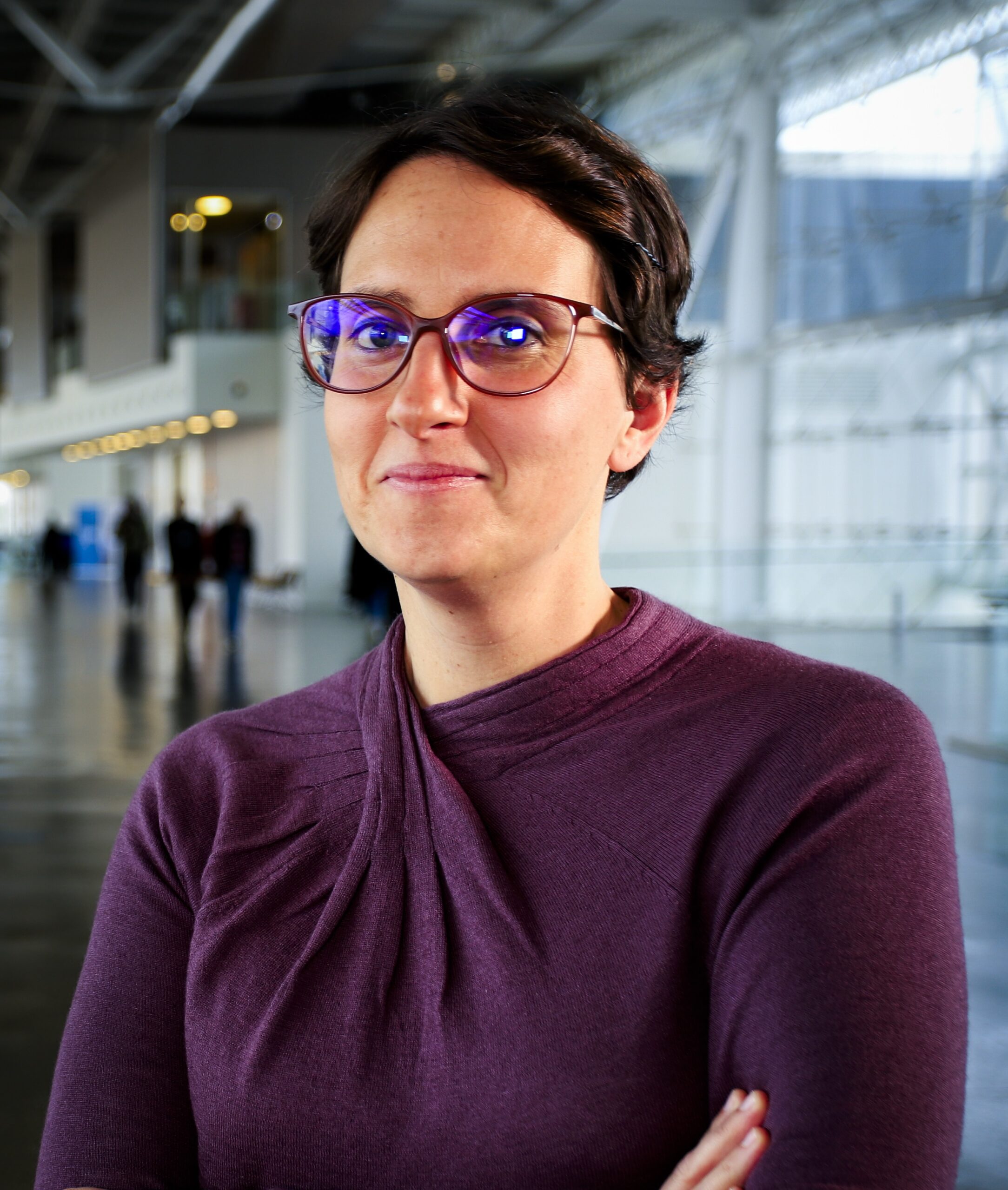O projeto FARE_AUDIT, que recebeu uma bolsa Prova de Conceito financiada pelo Conselho Europeu de Investigação, vai testar como o comportamento online altera a probabilidade de recomendação de desinformação.

Photo by Rogério Esteves.
(disponível apenas em inglês) Lisbon, 6th of September, the European Research Council (ERC) has awarded a Proof of Concept (PoC) grant to Joana Gonçalves de Sá to conduct the project Fake News Recommendations – an Auditing System of Differential Tracking and Search Engine Results (FARE_AUDIT). Joana Gonçalves de Sá is a researcher at LIP – Laboratory for Instrumentation and Experimental Particle Physics, and the coordinator of the Social Physics and Complexity Lab – SPAC, that uses experimental and computational techniques to study behavior.
FARE_AUDIT proposes a simple and scalable tool to audit online search engines, to increase transparency, and reduce their impact(s) on the spread of disinformation. In particular, the researchers will generate different browsing histories (for example, of users that typically visit known disinformation websites and of users that tend to visit mostly neutral or high credibility news sites) and test how the algorithms of different search engines use this history to rank their suggested results.
According to Joana Gonçalves de Sá “Citizens increasingly rely on the internet to get information and it is widely known that social networks, such as Facebook or TikTok, have algorithms that promote posts according to the users’ past preferences. From the user perspective, this represents a somewhat passive way of being exposed to disinformation, but people also actively search for it online, mostly through search engines, such as Google or Bing. Search engines use past information on the users to tailor their ranked results, and we now want to know how this makes people more or less likely to be directed to low credibility content. How much do search-engines promote ‘information bubbles’?”.
The researchers have developed a method to audit both the tracking systems and the search-engine algorithms, that is privacy protecting as it does not depend on real-user data. It will also allow interested citizens to test how different browsing profiles alter search-engines results in a variety of areas.
“The ERC Proof of Concept grants are more known for supporting innovative ideas that can have commercial outputs, but they also support projects that may have social interest. While we were studying how online disinformation spreads on social networks, my colleagues and I came up with a simple and ethical way of doing the same but using online browsing history instead. We now hope that this tool might have a meaningful social impact by increasing public awareness of the role(s) of search engines on disinformation spread”.
In the words of Mário Pimenta, president of LIP, “This project has a natural place at LIP, a fundamental science laboratory participating in experiments at CERN that involve the processing and analysis of large volumes of data, and which has had, since its creation, a constant concern with the connection to society, namely in the areas of education and knowledge and technology transfer“.
European Research Council grants support researchers who demonstrate a scientific path of excellence by enabling them to consolidate their scientific career and research group. The Proof of Concept FARE_AUDIT is the second ERC grant awarded to Joana Gonçalves de Sá and will allow the research group to apply some of the work they have been developing under FARE – Fake News and Real people, an ERC Starting Grant that received 1.5 million euros and started in 2020.


